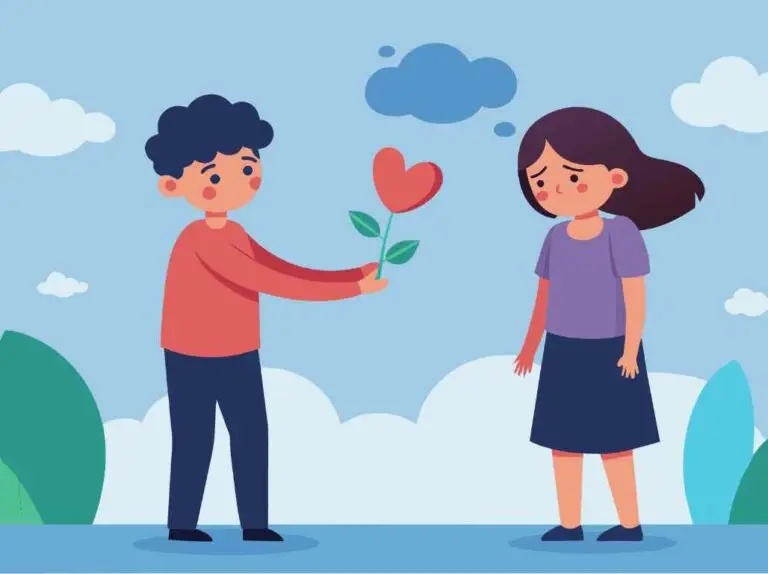The Whys For Letting Go Of Grudges
Letting go of grudges is the feel better way of life. If you’ve ever held on to a grudge, you may not even have been consciously aware that it was affecting you mentally. Yes, it’s true. If we harbor hate, it hurts us – even more so than the person we’re so intent on resenting.
Why? By holding onto and internalizing hatred, we’re reliving and resurfacing negative emotions around events that may have happened in the past. In this sense, we’re not letting ourselves move forward with our lives – keeping us in a ‘lack’ mentality.
The key to moving on and cultivating the freedom of a happier and more relaxed mental state? Letting go of that grudge, and releasing those feelings of resentment. Let’s discuss.
1. Letting Go Of Grudges Releases Negative Thoughts and Emotions
When we hold on to a grudge, we’re not only reinforcing a negative emotion in our mind, we’re reliving it. This means that we’re experiencing an unpleasant scenario over and over again. True, it’s only in our heads – but our minds don’t know this. To the brain, you’re experiencing all that rage, anxiety, and fury anew. This essentially means you’re intentionally putting yourself through uncomfortable emotions on repeat, for no good reason.
Yes, that person may have done you wrong. But by letting it fester, we can make it feel even worse in our minds than perhaps the original event even was in the first place. This can lead us to dramatize and catastrophize an event – and worse, it can keep us in a constant state of emotional distress.
2. Letting Go Of Grudges Helps Us Move Forward
Holding onto a grudge causes us to dwell on the past. This stops us from being able to live in the present, and to be grateful for what we are experiencing in the here and now, which are key components of mindfulness. Research has shown that being actively mindful and present does wonders for our mental well-being. It allows us to appreciate the positive elements of our lives that are right in front of us, and to let go of anger and worry about things that aren’t happening in the present moment.
If you’re keen to learn more about mindfulness, you might consider booking yourself in for a session with a licensed therapist who can teach you more about the practice. Of course, before you can attend therapy, you’ll likely need to obtain a referral from an industry-accredited medical practitioner who possesses a qualification such as an online post master’s FNP.
3. Letting Go Of Grudges Gets Out Of A ‘Lack’ Mindset
You may have heard of a ‘lack’ mindset. If you haven’t, allow us to enlighten you. Also known as a scarcity mentality, the foundations of this frame of mind lay in jealousy, and also, in never being satisfied with what you have. By holding on to a grudge, you are focusing on someone else and how they have done you wrong, instead of being grateful for the positive things others may have done for you.
The is key to moving out of this mindset? Forgiveness. But to be able to turn the other cheek, you need to let go. Here’s how.
Buy the book Now!
How to Let Go: 3 Tips To Letting Go Of Grudges
- What Is Your Grudge
The first step to releasing that pent-up bitterness you’re holding on to? Acknowledging that you’re harboring a grudge. Yes, awareness is key to moving on, and you’ll need to give yourself some tough love to admit you may be being a little, well, petty.
2. Why Do You Have it
Next, you’ll need to identify why it is you’re hating someone, to be able to rationalize it. Perhaps that person owes you money. Maybe they pipped you at the post of that work promotion you were pining for. Whatever the reason, knowing why you’re peeved will help you reason with yourself as to whether holding on to the grudge is logical or warranted.
3. What Good Does It Do You
Warranted or not, however, the crux of the matter is that holding onto internal rage isn’t doing you any good. For that reason, you must practice empathy. The truth? Being empathetic towards someone who has irked you is not easy. But, this is the only way you can come to see them as a human – someone who is also deserving of appreciation and respect.
More Emotion Articles To Read
6 Tips To Manage An Emotional Crisis
Silent Wounds, Childhood Trauma
Stop The Lonely With Peer Support Groups






















